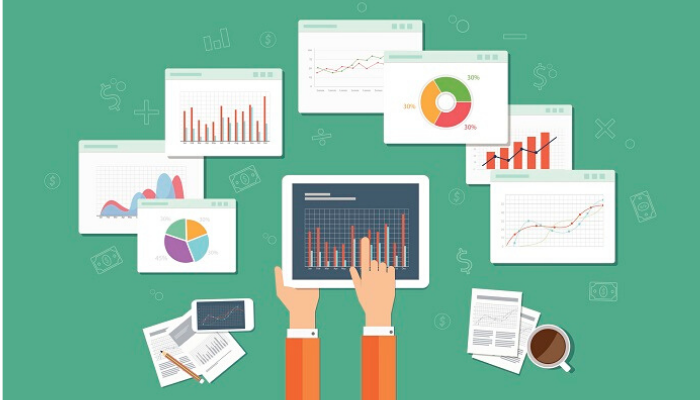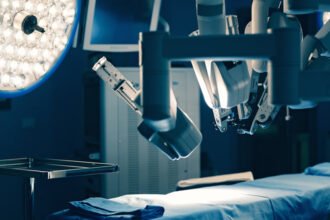People think that Information Technology is only meant for the tech industries. Well, I tell you what it has more in it. IT is not limited only to the cyber offices, it is emerging in every aspect of life and holds an important position in the health industries.
You must be thinking that what can be the relation between computers and patients? IT has put some great effort into the advancement of the health industry. It is because of IT that hospitals are now able to provide their patients with more satisfying services.
Importance of Information Technology in the Health Care Industry
The IT sector plays a vital role in the health industry. The major goal of IT in Health Care Sector is to improve the overall health ratio of the population by providing the patients with the improved quality of care and peace of mind.
It would have been impossible in this modern age to manage millions of hospitals and patients. The world’s population is growing rapidly, therefore the need for quick solutions is rising high. The daily tasks should be done on time without delay. Information Technology made it easy, fast, and convenient for the health care management to deal with the patients. Along with that, it has also provided the patient with increased health care facilities. Technology also reduced management burden.
Role of IT in the Health Industry
Though there are numerous advantages that the IT sector has provided to the healthcare industry, however, we are going to put light on some of the major changes that emerged in hospitals due to IT. So, let’s begin:
Better Coordination
The biggest problem among the doctors and medical experts was to coordinate and communicate with each other. There was no coordination among the experts in the whole world, it was difficult to come up with successful treatment results.
It requires hundreds of experts to coordinate with one another so that the best solutions can be found for the complex condition of patients to cure. It was nearly impossible for the experts of the world before the emergence of IT, to gather at one place in a situation of emergency.
IT has helped the health care industries to enhance their performance by providing them better coordination with the world’s best medical experts. In this way, the staff is able to provide better care and treatment to the patients, thus enhancing the overall health of the population.
Improved Accessibility
IT has also provided medical professionals whether they be doctors, lab technicians, nurses, researchers, or physicians to have quick and immediate access to the information and records of particular patients they are dealing with. They can approach the real-world evidence such as EHR or eCRFs of their patient at any time and anywhere.
Management switched to software to help the experts to make health treatment decisions more accurately and speedily. And not only doctors but IT also allows provides the patient with quick and easy access to his reports and current medical situation so that they are better informed about their condition.
Saves Time
IT has saved a precious time of both health workers and patients. Tasks that require days can now be done in minutes. Patients now don’t have to wait for their reports for long as there are hundreds of computers working on it instead of one individual. There is no need of many accountants to make patient bills and pay in cash, core banking services made it easy for to pay bills quickly.
Today, management doesn’t need to spend hours to explore a whole room full of documents just to find a particular file as everything can be managed in one single system.
Improved Data Storage
Before the emergence of IT, health care centers had to make several separate departments just to store their data and information. Along with being a hectic work, the data management also required a lot of money to construct the data departments, their drawers, and cupboards as the information at that time was in paper form and paper acquires a lot of space.
But as IT stepped in, the management and data storage seems like the easiest thing. Information Technology made it possible to get rid of those trillions of papers. All data is transformed digitally that requires a computer hard drive, software and a system only. Health Professionals can store the data and information of almost trillions of patients, doctors, workers and diseases, revenue, and a lot more in just a small system.








